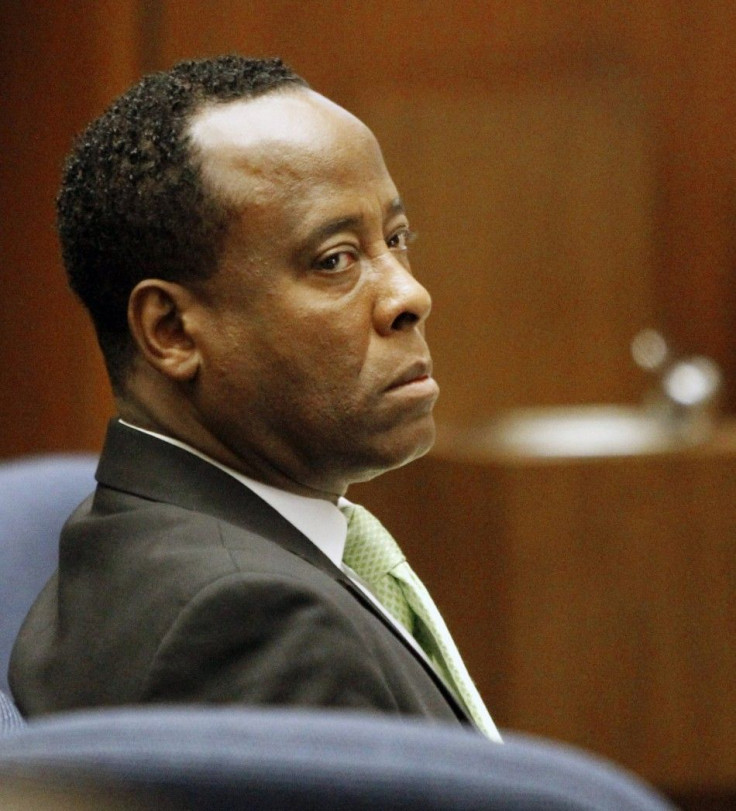Jackson Doctor Never Mentioned Propofol at Hospital

Prosecutors in the manslaughter trial of Michael Jackson's doctor sought to prove Monday that his physician misled hospital doctors on the day of the singer's death, and was busy on his phone around the time the pop star stopped breathing.
Los Angeles hospital doctors testified that Jackson was already dead when he arrived there on June 25, 2009, and that there was nothing they could have done to save the pop star.
The involuntary manslaughter trial of Dr. Conrad Murray entered its second week Monday. Medical examiners have determined Jackson, 50, died from an overdose of propofol and sedatives.
Mr. Jackson died long before he became a patient I was personally responsible for, said UCLA Medical Center emergency room doctor Richelle Cooper.
Nevertheless, lengthy attempts were made to revive Jackson before he was formally pronounced dead.
Cardiologist Thao Nguyen said Murray pleaded with staff not to give up. He sounded desperate and he looked devastated, Nguyen testified.
Murray told the doctors that he had given Jackson only the sedative lorazepam.
But Cooper acknowledged that even if Murray had told her about giving the powerful anesthetic propofol to Jackson, there was nothing that could have been done at the hospital to revive him.
Two days after Jackson's death, Murray admitted to police that he gave the singer 25 milligrams of propofol as a sleep aid on the day he died. Prosecutors have said Murray gave Jackson that propofol at about 10:45 a.m.
SMALL DOSE OF PROPOFOL
Murray's defense attorney, J. Michael Flanagan, asked Cooper how long a patient who received the relatively small dose of 25 mg of propofol would remain sedated.
If it did achieve sedation, I would expect if he didn't have any medical problems, within seven to 10 minutes it would probably be worn off, https://spreadsheets.google.com/ccc?key=0AlMZviTNkVWydE1WVmtDelRjdE1VcUtHRkxEbXRUMnc&hl=en&pli=1#gid=0Cooper said.
Prosecutors are seeking to prove that Murray acted irresponsibly by administering propofol, and failed to monitor him properly.
Defense attorneys also claim that after Murray gave Jackson propofol, the pop star took another, fatal, dose of the drug when Murray was out of the room.
Murray, who has pleaded not guilty, faces up to four years in prison if convicted.
Cooper testified that when she administers propofol, there is a doctor and a nurse on hand, and that there is equipment to monitor heart and breathing.
Paramedics have testified they did not see such machines in Jackson's bedroom.
Have you ever heard of propofol being used outside of a hospital in someone's bedroom residence? deputy district attorney David Walgren asked Nguyen.
That would be a first. I never heard of that. she said.
Cooper said Jackson's children were at the hospital and that, after their father was pronounced dead, They were crying, they were fairly hysterical.
Also Monday, phone company officials testified that after 10:45 a.m. on the say Jackson died, Murray made and received a series of phone calls ending around 11:56 a.m. -- when prosecutors say he interrupted a phone conversation because he had just discovered Jackson was no longer breathing.
© Copyright Thomson Reuters {{Year}}. All rights reserved.





















